The Wellbeing Edit: Taking a Break to Reflect, Realign, and Refocus on What Matters Most in Education
Big crises have a way of forcing people to reevaluate what matters most. After 9/11, I watched my colleagues change partners, careers, and locations after being confronted with their own mortality. They made big life changes by eliminating parts of their lives that didn’t serve their values anymore. This is what happens when we are reminded of how precious and short life is.
Unsurprisingly, we have seen people respond to COVID in a similar way. People are making more time for family and friends, demanding a more flexible workweek, and engaging in revenge travel. They are making up for lost time by reconnecting with what they value most.
I think many of us were waiting for this inventory process and subsequent changes to happen in our schools. This shock to the system would be an impetus for us to reevaluate what is most important in education. We hoped that this would accelerate our transition from compliance and high stakes testing, for example, and toward a system that nurtured collaboration, compassion, and agility. And yet, for the most part, we have not seen those changes come to fruition. I have spoken to many school leaders who are so frustrated with the pace of change in the wake of this pandemic that they have considered leaving the profession entirely.
Many schools have participated in some form of values reckoning but haven’t been able to translate that into successful action and change because people are overwhelmed and exhausted. They haven’t been able to because schools never got a break to reflect and change. School leaders were faced with gaps in student learning, declining student enrollment, layoffs, and teacher exoduses and the subsequent hustle to recruit more, the immediate crisis of students' mental health, and the constant need to adjust to changing government regulations, sometimes with as little notice as 24 hours.
The exhaustion that came with this barrage of changes and competing priorities is a wellbeing issue. So is not having the time or capacity to connect with our values. As a mental health professional, Christina Lawrence wrote recently,
“When your thoughts and behaviors match your values, it is easier to feel positive and content. But during times of uncertainty or increased pressure, your thoughts or actions may not always align with your personal values. This misalignment could leave you feeling demotivated or anxious.”
In fact, we know that the reason why many teachers left education altogether during the pandemic was not necessarily burnout but demoralization. This term was brought into the education conversation by Doris A. Santoro who explains that
“Demoralization occurs when teachers are consistently thwarted in their ability to enact the values that brought them to the profession.”
But summer is around the corner, and school leaders have an opportunity to take a breath, reunite with their values, and activate change. In doing so, they can make room for teachers and other members of the community to increase their capacity and enact their values as well.
Here are three steps that can guide leaders in this wellbeing and school improvement work:
Take time to reflect on your and your school’s successes this year and how these align with your and your school’s values. Here are some questions to guide you. We encourage you to invite a trusted colleague to engage in this activity together:
What successes have you experienced this year that are aligned with your core values and beliefs about education?
How have you leveraged your values and beliefs to drive the success of your school?
In what ways have you empowered your staff to align their work with their own values and beliefs?
How have you communicated the importance of values and beliefs to your school community, and what impact has this had on your success?
What steps can you take to further align your successes with your values and beliefs, and how can you sustain this alignment over time?
Identify what values you feel are essential to you as a leader and for the success of your school. Check out this exercise created by Anthony Ongaro to help you do just that.
Adopt a subtraction mindset. Once you have identified what is most important to you as a school leader and what is most important for your school, brainstorm ways in which you can eliminate initiative, policy and structure clutter. As education writer Justin Reich encouraged in his ASCD article, The Power of Doing Less in Schools,
“What if we started not with addition, but with subtraction? Make school simpler. Give teachers and students room to breathe. Clear out the marginal and focus on the most important things. When people feel a little lighter, then figure out what your schools are missing and what to strategically add to make them stronger.”
When you identify what you can edit out in both your personal life and in your school, you will create more space and energy for you and your school to focus on what is most important.
By reflecting on successes, identifying essential values, and adopting a subtraction mindset, school leaders can create more space and energy for themselves and their schools to focus on what truly matters. When school leaders are aligned with their values, their wellbeing improves and this, in turn, will impact the wellbeing of their school community.
Join Ellen Mahoney at the Academy of International School Heads’ Summer Seminar in July
The seminar is a unique opportunity to reflect, connect and renew. Open to all school Heads and Deputy Heads, participants consistently rate the experience as the year’s best professional development as a leader at the helm. This year, AISH’s special guest will be Ellen Mahoney, CEO of Sea Change Mentoring. The theme is Wellbeing in International Schools. It is being held in St Gilgen’s, just outside of Salzburg July 7 - 11, 2023

